On a winter afternoon in early 2020, SJ Seldin considers their Judaism. “I’ve heard the term ‘earth-a-dox’ thrown around before,” they tell me over the phone. We’re talking from opposite ends of North Carolina; me in Chapel Hill, and them in Fairview, where they tend land at Yesod Farm + Kitchen—a farm dedicated to “earth-based Judaism,” as well as “regenerative agriculture” and “relationships across difference.”
Raised in Florida, SJ is cofounder of the Jewish Farmer Network. The group held its inaugural conference, Cultivating Cultures: A Gathering of Jewish Farmers, in early February 2020, where participants traded thoughts on permaculture and perennials over Shabbat dinner. There is nothing revolutionary about the combination of Judaism and agriculture. After all, the Jewish calendar doesn’t turn over in the dead of winter but at the end of the summer, at the turn of the seasons. The Torah even contains rules for agricultural practice. But there is something both new and radical at the intersection of these cultures. Over the course of four days, I attended panels and workshops such as “Carbon Negative Kosher Meat,” “Farming in Diaspora: A Mediated Discussion on Land, Colonialism and Belonging,” and “What’s Class Got to Do with It?”1
Historical and contemporary perceptions tend to figure American Jewry as urban and suburban: Ellis Island, deli sandwiches, Molly Goldberg, New Jersey. There is something incongruous about American Judaism and agriculture, and that speaks to my love of Jewish stories in unexpected places. My own family’s American story begins not in New York but between eastern Arkansas and West Tennessee. In the small town of Osceola, my great-grandfather ran a dry-goods store. I often heard stories of him skipping the Sabbath to cater to migrant farmworkers who came into town to shop, only on Saturdays. When big agriculture came in, storefronts closed.
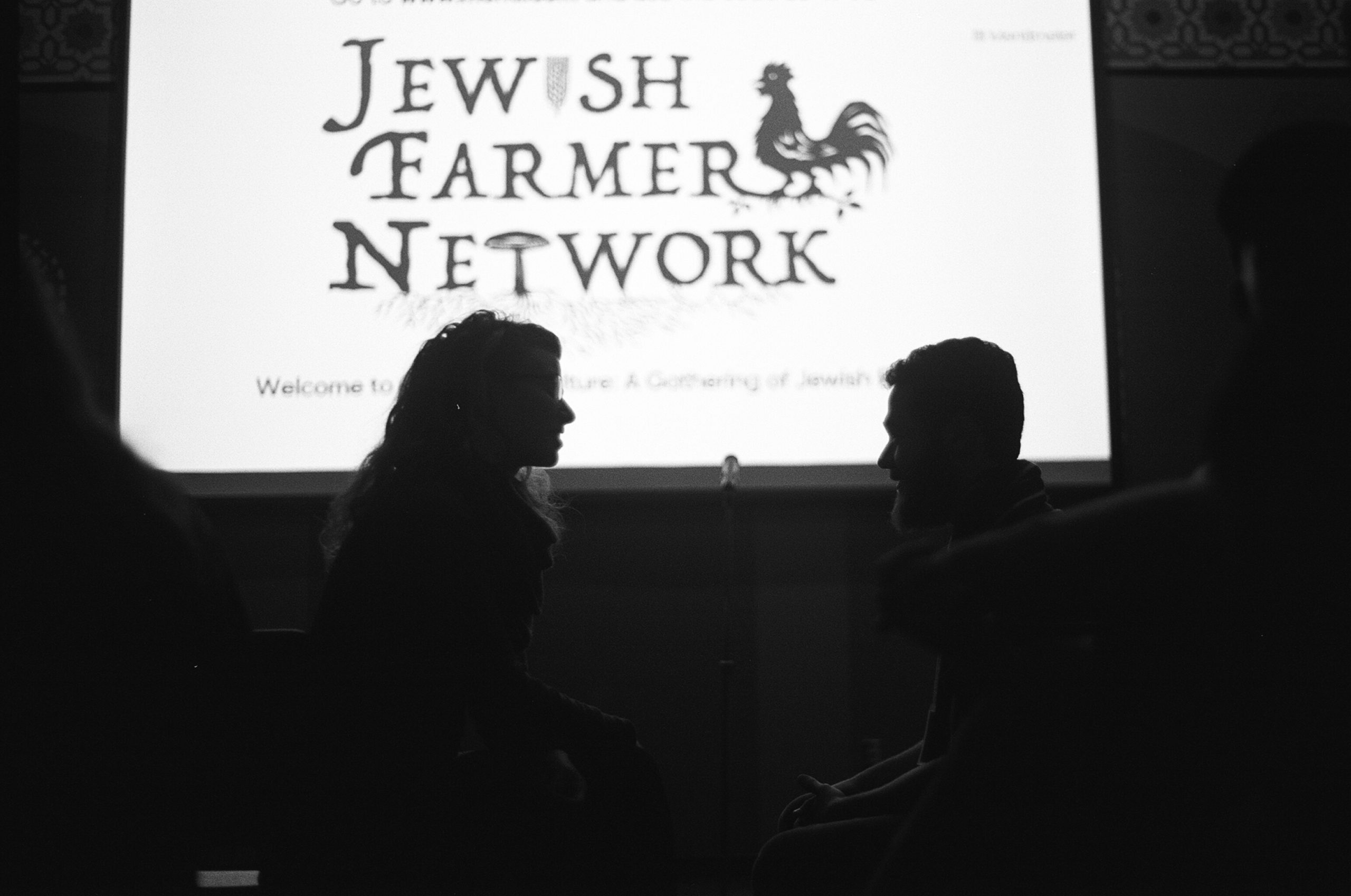
Jews were once a land-based people. But in diaspora, local governments often barred Jews from owning land. According to rabbi and historian Uri D. Hescher, Jews in nineteenth-century Europe were a “non-agricultural minority in an agricultural society.” But a portion of Jewish immigrants paved an agricultural path in America as early as the late nineteenth century, establishing colonies with utopian intent in places ranging from New Jersey to Louisiana. My first exposure to the idea of Jewish agriculture was in researching one such colony, Pilgrimage Plantation, located in Micanopy, Florida. Its founder, Moses Elias Levy, was simultaneously an abolitionist and a slaveholder who aspired to grow sugar cane and whose project, like many intended utopias, quickly failed.2
For those in the Jewish farming community, tending land is an act of reclamation. As Meredith Cohen, founder of One Soil Farm in Durham, North Carolina, puts it, “This whole thing about having to explain to the world that there are Jewish farmers, we also have to explain it to Jews. A lot of us have lost that connection and don’t have this idea of a people who are inherently connected to the earth and environment and who have this as a part of our heritage.”3
In the months that followed Cultivating Cultures, I worked my way down the roster, calling Jewish farmers across the American South. With philosopher Charles Taylor’s concept of “social imaginaries” in my back pocket, I wondered at how southern Jewish American farmers “imagine their social existence, how they fit together with others, how things go on between them and their fellows, the expectations that are not normally met, and the deeper normative notions and images that underlie these expectations.” To begin, I spoke with SJ Seldin and Shani Mink, cofounders of the Jewish Farmer Network. We discussed ancestral connection, Jewish ethics, interpretation, imagination, racial justice, and southern Jewish contexts.4
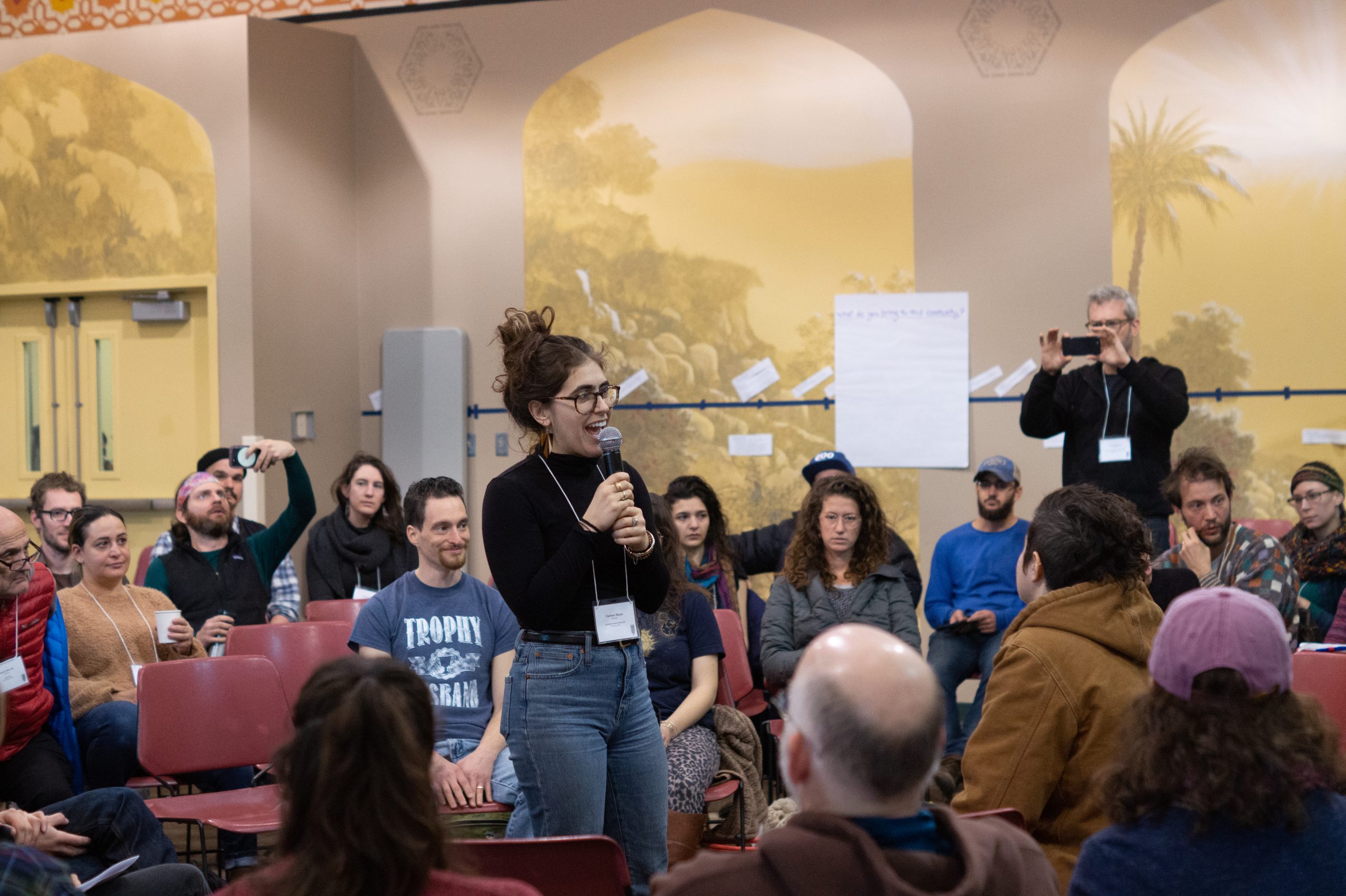
Margaret Norman: One thing that strikes me in conversations with other folks is this connection between Jewish farming, ancestors, and ancient tradition. Could you elaborate a little bit on this connection with ancestors, diaspora, or homeland?
Shani Mink: I think for a lot of people it’s a complicated question. I’m thinking about the ways we have to reach far back in our ancestry to remember what it is to be a people of the land. We say, “Before we were people of the book, we were the people of the land.” And for a lot of young Jewish folks that are coming into farming right now, they don’t have Jewish farming mentors, they don’t have this understanding of Jewish people as being earth-based people. And so we do that reach back into our ancestry. We have a continued legacy for the past five thousand years of Jewish people being on land, but we have told this story, or we continue to tell our children this story, of us being doctors and lawyers and business people. And this connection to ancestry, I think, is really important for a lot of people because it’s very easy to fall into appropriative tropes and into appropriative agricultural systems and philosophies that are not ours. And so there’s something so grounding and so . . .
SJ Seldin: Healing.
SM: Healing and wholesome about finding connection with our ancestors and the sacredness that they brought to the work they were doing. Giving people that access is really important. The Jewish tradition is not something that is meant to be practiced inside of a sterile synagogue. Our ancestors were not in rooms painted white with no windows. They were outside praying with the trees and praying with the grasses and they were enacting their relationship with the divine through their relationship with the land, because that’s where their relationship with the divine can be felt most realistically, most—I don’t even know what the word that I’m looking for is. It’s most palpable in their relationship with the land. And so, yeah, reaching back to the practices and traditions of our ancestors is a way of grounding us in our work where we are. And the ways that it points us back to the idea of homeland. The land of Israel is like that of any indigenous tradition. Our tradition was shaped by the flora and fauna of the land of Israel, by the seasons and the cycles and the flows of rain in the land of Israel.
The ways that our harvest cycles flow through the year are based on the happenings in Israel. When we celebrate Tu B’Shevat, which is the “birthday of the trees,” or the Jewish Earth Day, we are celebrating the moment when the almond blossoms start to blossom in the land of Israel. There is a certain degree to which you can’t divorce Jewish agricultural thought from the relationship with that land, and not even just Jewish agricultural thought but Judaism more generally. That is a complicated relationship—just recognizing the indigeneity of our traditions is really important for understanding Judaism. It is important for understanding who our ancestors were and how they were living. There are also all these Jewish agricultural laws that we can use on our land here and in relationship with our land here, but according to our sages, they don’t apply outside the land of Israel. And then you come up with this situation where it’s like, “Okay, we don’t have to do it outside the land of Israel, but like, what can we learn from it? And how can we bring these ideas to life in this context here?”
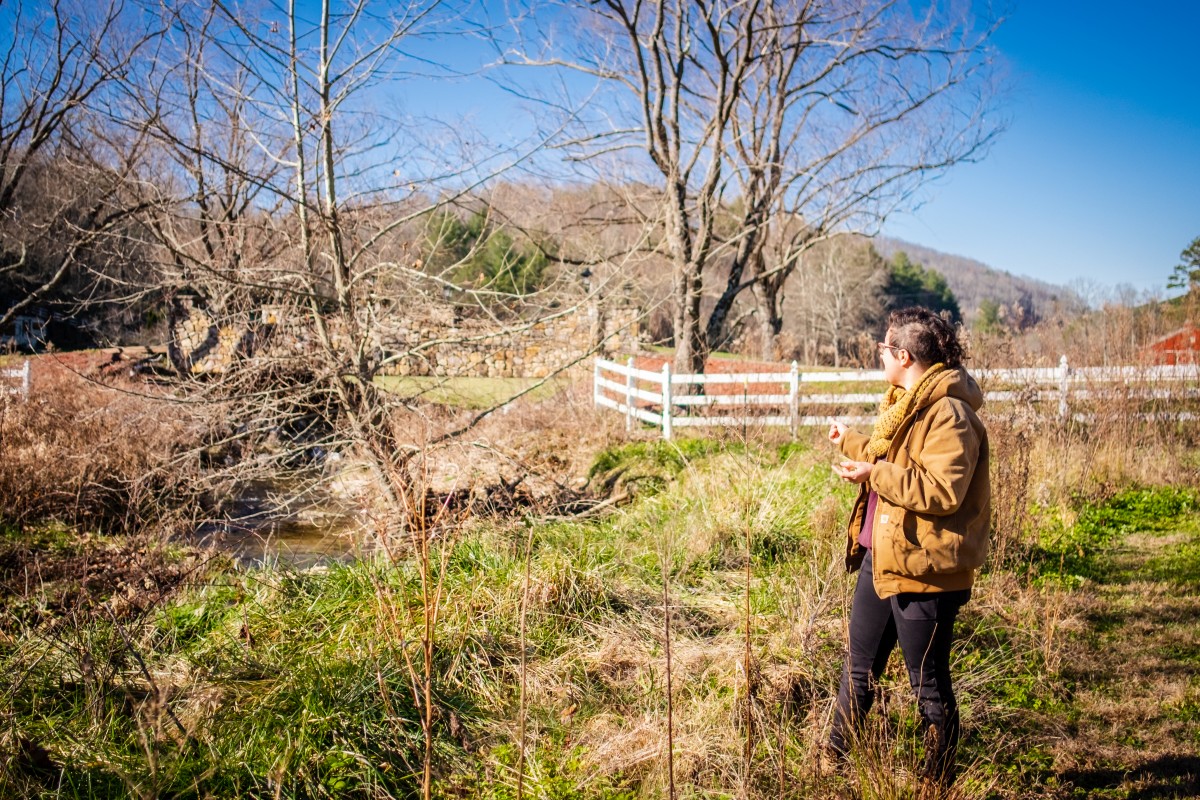
SJS: Just to pick up the thread, at the end of Shani’s statement, farming as a Jew in diaspora is a constant act of interpretation. It is saying, “How do these principles, how do these laws apply to me here, on this land, at this moment?” Our more recent ancestors, who have been in diaspora for the last two thousand years, have been playing that game, doing that dance of interpretation the whole way through. And part of why we won’t have an awareness of ourselves in mainstream Judaism as an earth-based, farming people is that those are not the stories that have been elevated. I think a lot of what we do with the Jewish Farmer Network is to elevate the stories of Jewish farmers, so that those stories are not just, “Oh, right. Our grandfather had a dairy farm, but then sold it and moved on.” We elevate these stories of the many Jews between the land of Israel and now who have been farming, and give kavot, give honor, to those stories. Those are Jewish stories. This is not an exception to a rule; this is an unbroken thread of Jewish land stewardship and of Jewish interpretation.
MN: Could either of you give me an example of a tradition where there’s no rule that says it has to be practiced outside of the land of Israel, but that you bring to your own farming practice anyway?
SJS: The first thing that comes up is shmita: the practice of keeping the land fallow one year out of every seven. Shmita is like a fractal of Shabbat. If Shabbat is one day of every seven, a rest for humans, then shmita is rest for the land. There’s no obligation to allow the land to lie fallow outside of Israel. And shmita is part of a much larger social and economic structure that was designed to ensure economic remission and justice; a system in which everyone’s hunger was important and everyone, regardless of social status, was to be fed. For me on a personal level, and as a steward of land, I believe that all creatures, and the land itself, are deserving of and need rest. So, the first year that we were here, I talked about it being a shmita-inspired year of fallowness. Lessons of permaculture teach us to have a year of deep observation before doing land-based work on a new piece of land. Permaculture is an amalgamation of many indigenous-based practices and wisdoms that was packaged and sold by two White Australian men. For me to be able to say this isn’t just permaculture, this is actually a Jewish teaching around the importance of fallowness, the importance of rest, and the necessity to sit in humility at the power of nature to feed us with a different relationship.
I believe that all creatures, and the land itself, are deserving of and need rest.
SM: To be engaged in that cycle of shmita, it means investing in perennials in a way that you otherwise might not. If you’re not cultivating your land, then you need to be able to survive off of something. The way that you’re supposed to be counting the days, you’re saying them as one day from Shabbos, two days from Shabbos, three days from Shabbos. You’re always orienting your week to the rest of the Sabbath. That same principle is enlarged in terms of shmita. How are we orienting our years such that when the seventh year comes about, we can rest properly? And the land also gets to rest on Shabbos, on our time scale, but that shmita is a Sabbath on the time scale of Earth. We know not of that timescale and we can only try to understand it.
MN: You all are doing this creative, interpretative thing, but you’re also farming on the ground in a very practical way. It seems like there’s an interesting way in which you have to balance the spiritual and the pragmatic. Where do spirituality and farming interact for both of you?
SM: I think farming is a practice of praying with your hands and your feet. And every seed you put into the ground is a prayer, is a hope, is an exercise of faith. Right now, I’m actually thinking aloud about Leah Penniman. I don’t know if you’ve ever heard her speak, but when she talks about going back—I don’t remember where she was in Africa—the elders there asked her, “Is it true that the farmers in America, they put down a seed and they don’t pray and pour libations and sing and dance?” [paraphrased]
SJS: And they expect it to grow.
SM: And then they expect it to grow. There is an opportunity for prayer and for connection with each and every seed that we plant, every plant that we transplant into the ground and every part of the work that we’re doing and it’s often a missed opportunity, even for myself. The dance of farming, of agriculture, is a dance of relationship with divine energy that’s flowing through the world and how we can meet that energy to bring food forth from the earth. I think specifically about bread, and I can go on a whole bread tangent, but just the way that we meet God in the act of creation and the ways that we find partnership there, with the divinity flowing through the earth. We’ve had folks reach out to us and say, is there a specific blessing you should say when you’re planting a seed? Are there songs we can sing and things like that? And I think a lot of that is lost to us. There are blessings that are kind of like catchall you can throw in and be grateful we’re in this moment of planting, right? But I think that those specificities of Jewish songs of plantings are not really alive right now and I think that’s an opportunity for something we can grow into. And to find ways to bring more prayer to the farm. Judaism as an embodied tradition, that’s kind of lost and in this work, we are finding it, again.
SJS: There’s so much death in farming, which I think is not often realized by people who are not engaged in it. Anytime humans are met with the choices of life or death, whether that’s plants or animals, that’s a lot of responsibility. I feel like I’m held accountable in my spirituality and in my sense of ethics, in those moments; that humility before the soil, the choices that I’m making impact real living things that have consequences. I second everything Shani said, and I also feel that my spiritual practice holds me in and helps hold me up in those responsibilities.
I think farming is a practice of praying with your hands and your feet. And every seed you put into the ground is a prayer, is a hope, is an exercise of faith.
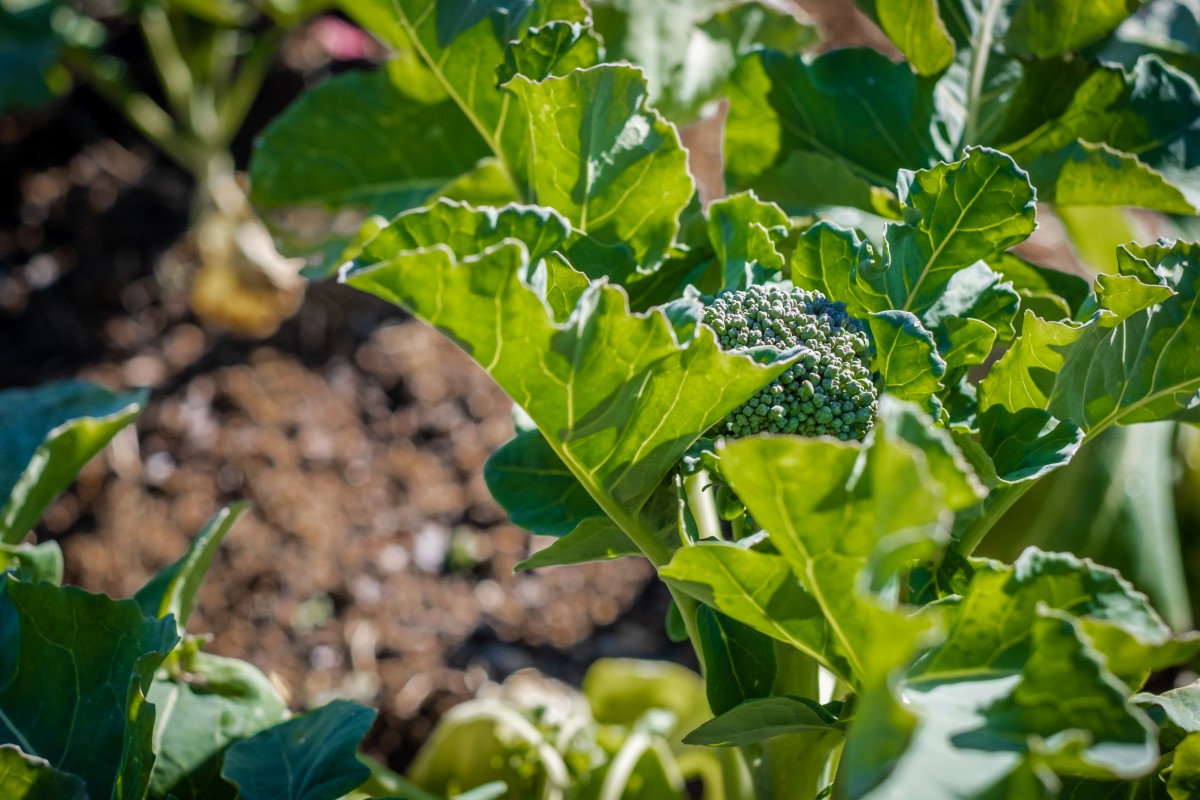
MN: SJ, you said that being a southern Jewish person is an important part of your identity and Shani, you did not grow up in the South. How, if at all, does the southern context of your farm influence your work?
SJS: Being in the South makes more visible the foundations, the fundamentally oppressive foundations, of the land that we’re on, of the states that we live in, and, particularly as farmers, the acknowledgement that we are farming on stolen land and that the people who built the agricultural wealth of this country were enslaved folks stolen from their homelands in Africa. Those things are very much a part of me as I farm and as I steward this place. We’re on ancestral Cherokee and Catawba land here. That’s one piece. The other piece, for me, like when I talk about being a southern Jew as being a foundational identity for me—I see southern Jewry as unable to enclave itself in a way that Jewish communities in other parts of the world, that have higher population densities, can. The kind of inherent synchronism, the inherent melding, that happens in Jewish communities in the South—we have to reckon with our neighbors, we have to be in relationship with our neighbors. And there are ways to self-isolate wherever you are, and not all Jewish communities do a great job of being good neighbors. But I think that, for me, the calling of being a southern Jew in the South is to say, What does it mean to be in conversation with all of my neighbors, as a Jewish person? How do I hold myself, as myself, apart, but not separate from? And that delicate dance of identity and belonging is one that I feel constantly.
SM: I have lived in the South for eight years. Most of that time, I spent four and a half years living in southern Maryland, which feels like the South, and then another three years living in Baltimore, which feels like the North. But both count. It’s really interesting going from being a Jewish person in a place where there are a lot of Jewish people to being a Jewish person in a place where there are not a lot of Jewish people. Especially growing up in New Jersey, I grew up in a town that was 50 percent Jewish, where the public schools got off for all the High Holidays. It’s just a totally different world down here. Sometimes I feel like I need to explain my identity more than I otherwise would have to. And, I think that being in relationship with the Indigenous peoples of the land that we steward is true of all places in this country, and not just in the South. But I think that solidarity work with the Black farming community is especially pertinent in this part of the country because of the trauma that is so alive here.
When we grow an abundance, we have the opportunity to preserve and have our harvest stay with us in the darker months when the sun and the summer feel further away.
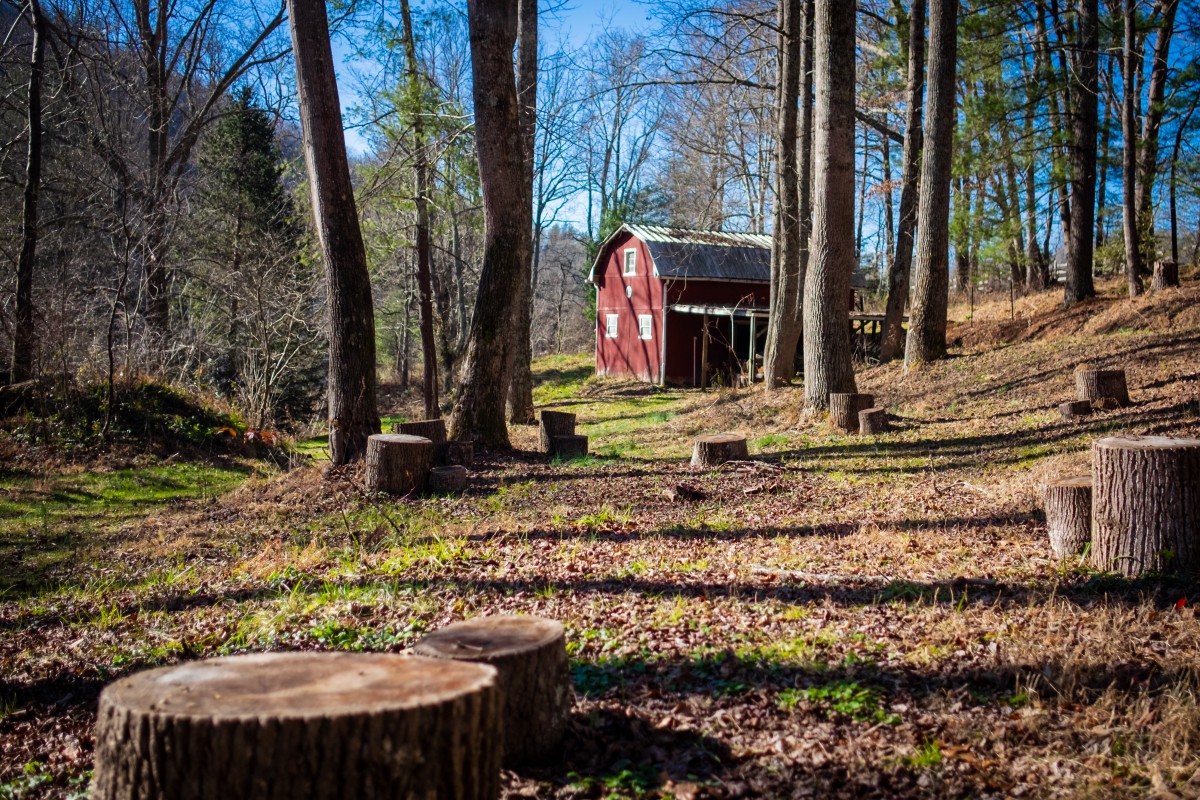
MN: I’d be curious to hear maybe more about the ways you are fostering that community with your neighbors.
SJS: I think farming at its best is inherently a community effort. And something that I appreciate so much about farmers is that these are people who are strapped for time and generally strapped for money and yet the willingness that we’ve found from our neighbors, farming or otherwise, to share perspective, tools, and resources with us, and just share knowledge, has been stunning. I’m constantly grateful and humbled by the willingness of folks to lend a hand or lend perspective, with no expectation of anything in return. When it comes to this moment, and to what it looks like to be in solidarity with Black farmers, for many of us, a history of redlining and of disenfranchisement means that we’re not always in physical proximity to our Black farming neighbors and to our Black neighbors. And particularly in this moment of COVID, reaching out and supporting folks looks different than it might in another time. So, from the Network’s perspective, we surpassed our fundraising goals to have a matching grant, a matching fundraising campaign, support organizations like Soul Fire Farm that are working with the Black Lives Matter movement.
SM: We’re donating to the Black Visions Collective, the Jews of Color Equity Challenge, SAAFON (Southeastern African American Farmers Organic Network), which supports Black farmers and farmers of color. And then Soul Fire Farm, which is both a Jewish and Black farm, up in the Northeast. So [we’re] trying to leverage our platform, to raise money, to support the Black community, Jews of color, and farmers of color. By supporting people who share parts of our identity we are saying: we are in this community with you and we see you.
SJS: Also, the educational aspect of it, of uplifting to white farmers and to Jewish folks and to Jewish farmers the histories of oppression and acknowledging the structural racism that still impacts Black farmers’ ability to thrive today, is part of our obligation and our work as individuals and collectively. To not paint a bucolic smiling picture over what is actually a very ugly history.
MN: One more thing to ground us, in closing. Rather than having you list everything you’re growing, I’ll ask you each about something that you’re excited about growing this year.
SM: I have been working at an institutional Jewish farm for the last three years where I was very limited in what I could grow, so we were mostly just growing things that would store well. So I’m just really, really excited about melons this year. We’re growing like three different types of muskmelons and then five different types of watermelon, so I’m planning to eat at least a melon a day, once they get started.
SJS: I’ll talk about one annual and one perennial. I’m excited personally for tomatoes, and also for the beauty of being able to hopefully donate a lot of our tomatoes. And also, you know, thinking about the ways tomatoes are wonderful when fresh and they also have so many different potentials for storage. When we grow an abundance, we have the opportunity to preserve and have our harvest stay with us in the darker months when the sun and the summer feel further away. The other thing I’m really excited about is elderberry. We, in our shmita-inspired year of fallowness, did not mow, and as a result, many elderberry plants have popped up in some of our pastures. And they are now starting to flower. That’s just a beautiful gift that the land is giving us. We get to manage them, but we didn’t plant these things, and I’m really excited to continue that relationship with these plants.
Margaret Weinberg Norman is a current MA student in the Department of American Studies at UNC-Chapel Hill. She is also Engagement and Collaboration Coordinator at Temple Beth El, a conservative synagogue in Birmingham, AL. Her work focuses on American Jewish history and identity, material culture and memory, particularly in the American South.
Header image of Yesod Kitchen + Farm by Aaron Dahlstrom, courtesy of 100 Days in Appalachia.NOTES
- The author would like to thank SJ Seldin, Shani Mink, Yotum Almor, Drew and Lacy Grimm, Paul Schulman, Hannah Henza, and Rachel Brylawski for sharing stories, thoughts, and time. This piece would not be possible without them; SJ Seldin, interview by Margaret Norman, January 29, 2020.
- Uri D. Herscher, Jewish Agricultural Utopias in America, 1880–1910 (Detroit, MI: Wayne State University Press, 1981), 18; Herscher, Jewish Agricultural Utopias, 19, 26, 55; “Micanopy, FL,” Encyclopedia of Southern Jewish Communities, Goldring/Woldenberg Institute of Southern Jewish Life, accessed June 5, 2021, https://www.isjl.org/florida-micanopy-encyclopedia.html.
- Meredith Cohen, interview by Margaret Norman, February 14, 2020.
- Charles Taylor, Modern Social Imaginaries (Durham, NC: Duke University Press, 2003), 23.

